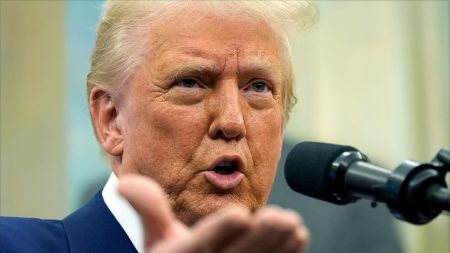English Cricket’s Financial Revolution: A New Era for the Sport
A Historic Windfall for English Cricket
In a groundbreaking development, English cricket has secured a staggering $650 million from the sale of stakes in franchises in The Hundred, a revolutionary short-form cricket tournament launched in 2021. This massive influx of investment comes from big-name business leaders and consortia from India and the United States, including high-profile figures like NFL legend Tom Brady and Los Angeles Dodgers part-owner Todd Boehly. The auctions, which concluded over the past two weeks, have collectively valued the eight teams in The Hundred at over $1.2 billion. This unprecedented financial injection marks a pivotal moment for the sport, which has faced significant financial challenges in recent years.
Richard Thompson, chairman of the England and Wales Cricket Board (ECB), called this moment "seminal" for cricket in England and Wales, emphasizing the importance of safeguarding the future of the domestic game. The ECB has confirmed that the priority for these funds is to strengthen the financial health of English cricket, ensuring its long-term sustainability.
A Diverse Group of Investors Shapes the Future
The investors who have purchased stakes in The Hundred franchises represent a diverse and influential group, bringing expertise from the worlds of finance, technology, and sport. Silicon Valley giants like Google CEO Sundar Pichai and Microsoft CEO Satya Nadella are among the investors, alongside four Indian conglomerates already familiar with the successful Indian Premier League (IPL). Additionally, companies like Knighthead Capital Management, which includes Tom Brady and owns Birmingham City soccer club, and Cain International, co-founded by Todd Boehly, add a layer of financial and sporting acumen to the mix.
This influx of capital and expertise promises to transform a sport that has historically been steeped in tradition. Cricket, once viewed as quaint and relatively low-key, is now attracting global business leaders who see vast potential in modernizing and expanding its reach. The ECB is confident that these investors will not only stabilize the sport financially but also drive innovation and growth.
Learning from the Past: A Cautious Approach
However, the ECB is mindful of past missteps. Seventeen years ago, Texan businessman Allen Stanford made headlines with a high-profile, $100 million sponsorship deal for a T20 series between England and the West Indies. The deal, which included a dramatic publicity stunt involving a helicopter filled with fake dollar notes, was initially celebrated as a game-changer for cricket. But the partnership collapsed when Stanford was charged with and later convicted of fraud, leaving the ECB embarrassed and financially vulnerable.
This time, the ECB insists it has taken a more measured and cautious approach. Richard Gould, the ECB’s chief executive, emphasized that extensive due diligence has been conducted to ensure the longevity and integrity of these new partnerships. Vikram Banerjee, the ECB’s director of business operations, added that "all the checks" have been performed to avoid a repeat of the Stanford debacle. The governing body is optimistic that these investments will yield a different outcome, one that aligns with the sport’s values and long-term goals.
The ECB’s Vision for the Future
While the ECB remains open to ideas from its new investors, it has made it clear that it will not compromise on the core structure of the game. The governing body retains full ownership of The Hundred as a competition and is committed to maintaining control over key aspects such as scheduling, formats, and governance. The ECB has also ruled out radical changes, such as altering match timings to suit overseas audiences, as it prioritizes strong domestic attendances and a stable fan base.
That said, the new investors are expected to bring fresh perspectives, particularly in areas like branding and marketing. From 2026, franchise owners may introduce changes to team names, colors, and logos to enhance their appeal. Banerjee has also hinted at the possibility of expanding The Hundred into a two-tier competition if the tournament continues to grow in popularity. Meanwhile, the investors are required to hold their stakes for at least five years, ensuring a level of commitment and stability.
A Golden Opportunity for Grassroots Cricket
The financial boost from these investments will be distributed across the English and Welsh cricket landscape. The ECB has outlined three core priorities for the funds: building financial reserves, generating new revenue streams, and reducing debt. A significant portion of the proceeds—approximately £50 million ($62 million)—will be allocated to grassroots cricket, a move that Thompson described as crucial for "leaving a legacy" for future generations.
Thompson also highlighted the importance of not squandering this opportunity, calling it a "golden moment" that may not recur for decades. The ECB’s vision is ambitious: to use this influx of capital to create a robust, sustainable ecosystem for cricket at all levels, from local clubs to the highest tiers of the sport. With its financial future now looking brighter than ever, English cricket is poised to embrace a new era of growth and innovation.















